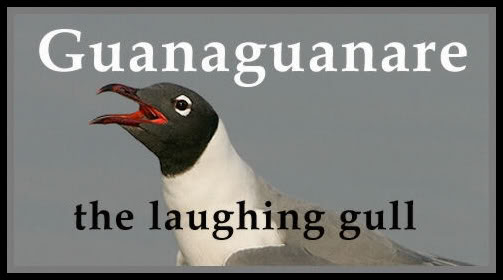Uploaded by su
WHEN 'DEMOCRACY' = EMPIRE
By Mumia Abu-Jamal
[Col. Writ. 3/7/04]
Get a dictionary, open it to democracy. It says: noun, Greek - demokratia--demos, people, and kratos, strength, power.] That form of government in which the supreme power rests with the people.
Every American president, whether Democrat or Republican, conservative or liberal, speaks lovingly of 'democracy', whenever the nation engages in some escapade abroad. When the U.S. invaded Iraq, it did so, ostensibly, to 'bring democracy to the Middle East.' When it launches a raid in Grenada, or rains death on a poor neighborhood in Panama, when it invaded Haiti in the last century, ad infinitum, it always did so in the name of 'restoring democracy.'
What is this democracy of which they so blithely speak?
We all have heard the term since our infancy, but who really knows what it means? I wanted to learn more about it, so I began to read one of the finest historians I know of, the great C.L.R. James, author of the ground-breaking "The Black Jacobins.", an influential study of the Haitian Revolution. Some years ago, James published a pamphlet titled, "Every Cook Can Govern: A Study of Democracy in Ancient Greece." (Jackson, MS: New Mississippi, Inc., Mar. 1986). I found myself (as I often am when I read his stuff) blown away by what I learned. As his subtitle suggests, James looks at Greek history for the roots of the democratic idea, and finds it, in some stages, truly democratic, in ways we can hardly imagine. He writes:
"Perhaps the most striking thing about Greek democracy was that the administration (and there were immense administrative problems) was organized upon the basis of what is known as sortition, or, more easily, selection by lot. The vast majority of Greek officials were chosen by a method which amounted to putting names into a hat and appointing the ones whose names came out. Now the average C10 bureaucrat or Labor Member of Parliament in Britain would fall in a fit if it were suggested to him that any worker selected at random could do the work he is doing. But that was precisely the guiding principle of Greek democracy. And this form of government is the government under which flourished the greatest civilization the world has ever known." [p.1.] he wrote
C.L.R. James, a revolutionary activist as well as a stellar historian, explains that in Greek, the term demokratia could be used interchangeably with the word isonomia, which meant equality. Using this system, the Greek city-state decided issues of war and peace, of taxation, of cultural affairs, and virtually every important affair of state. They were so conscious of the seduction of power, and they so opposed tyranny, that a man who (and yes, they tended to only allow the franchise to men) held public office could not serve again, as a general rule. Their service was also subject to a time limit.
Some historians have, quite rightly, noted that the Greek democracy rested upon slavery. That is true. But, James tells us, it was a slavery that enrages notorious snobs, like Plato, who had trouble identifying who was slave, and who was free, and he resented the fact that slaves would not clear the street when he walked upon it.
The Greeks, James notes, tried representative democracy, and rejected it, out of hand. What worked for them, was direct democracy, which means that they believed that all were capable of governing the society in which they lived.
The very fact that such an idea surprises us, tells us how far this era has drifted from fundamental notions of 'democracy.' In ancient Greece, the citizen was seen as an able, trusted element of the state. In the present era, the citizen is virtually superfluous. He is a tax source. She is one who obeys her leaders. He is a dispensable cog in the wheel, whose only real duty is to do what one is told.
Consider the mass demonstrations of Spring 2003, when millions took to the streets of Washington, London and San Francisco, demanding that there be "No War in Iraq." Here, in the alleged 'democracies' of England and the U.S., governments ignored the people, and engaged in imperial war, on a lie. In ancient Greece, some 2,500 years ago, this wouldn't have been allowed.
We don't live in a democracy. We live under the rule of a few. We live in an empire.
From Death Row, this is Mumia Abu-Jamal
© copyright 2004 by Mumia Abu-Jamal.

A Note From The Gull
Thank you, Mumia Abu-Jamal. We are happy to know that you are no longer on death row.
"Patria est communis omnium parens" - Our native land is the common parent of us all. Keep it beautiful, make it even more so.
Blessed is all of creation
Blessed be my beautiful people
Blessed be the day of our awakening
Blessed is my country
Blessed are her patient hills.
Mweh ka allay!
Guanaguanare












0 comments:
Post a Comment